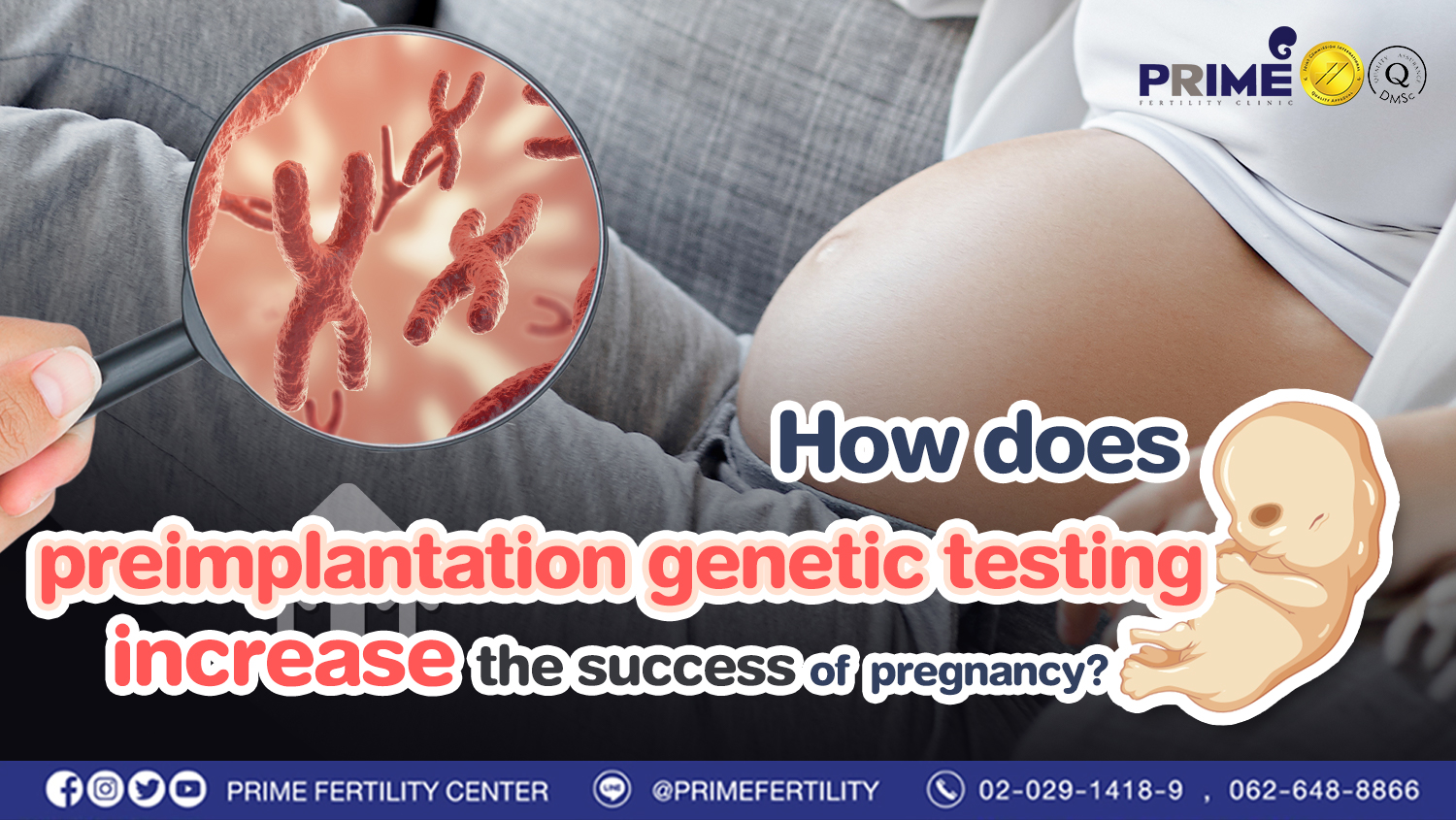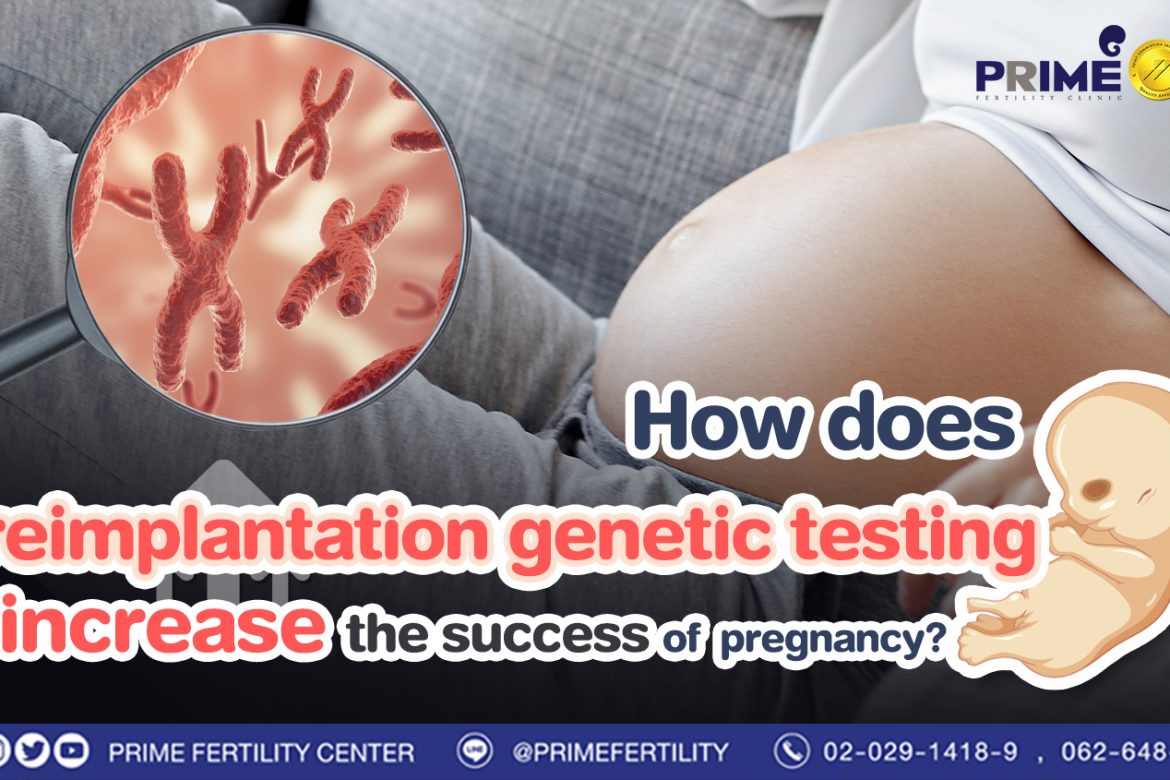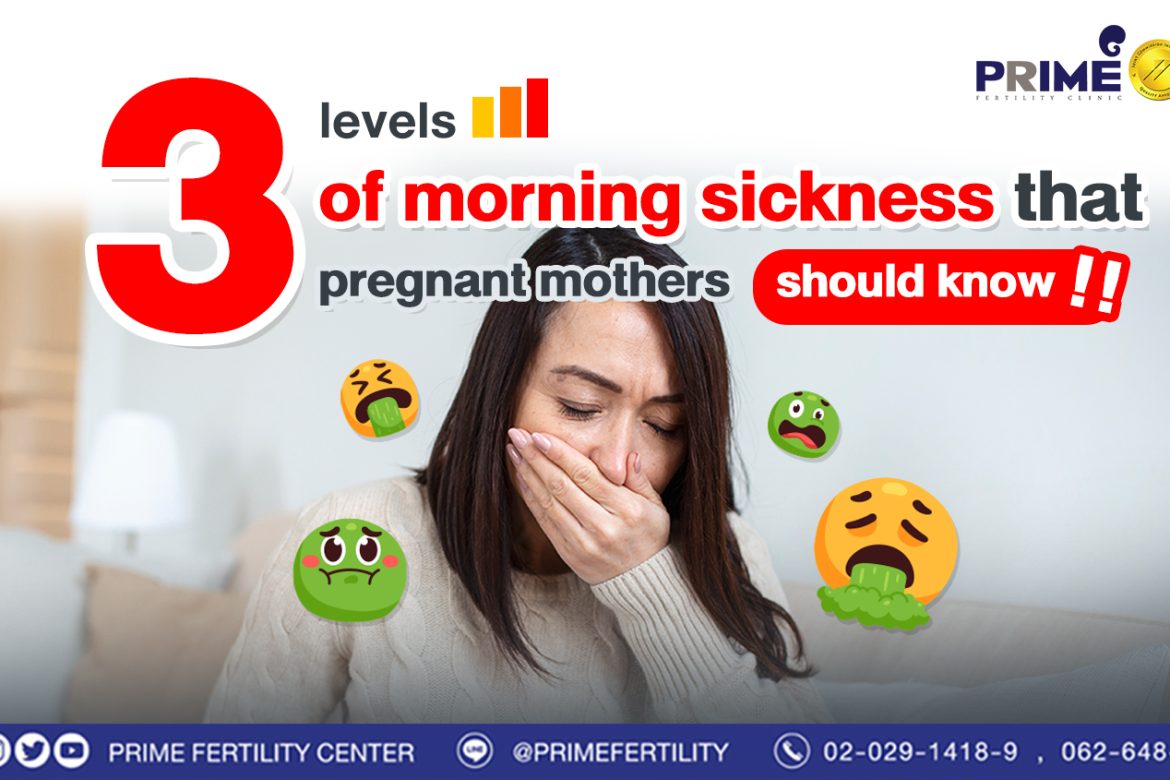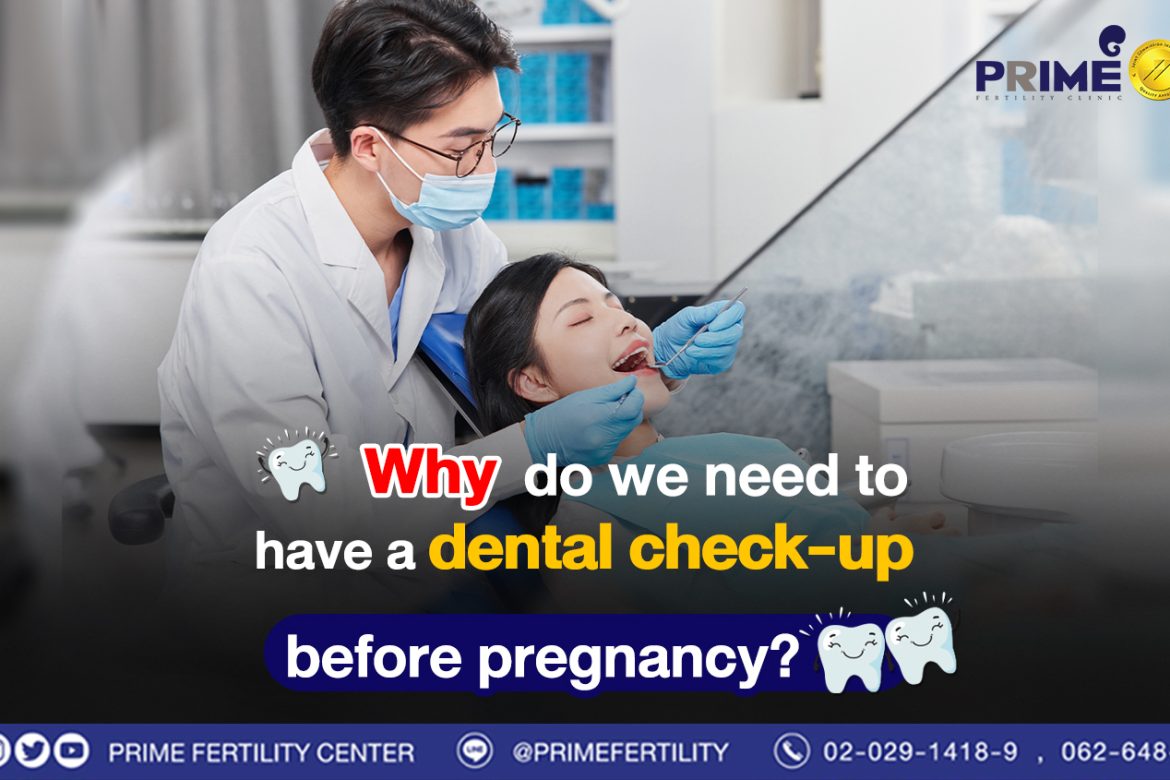How does preimplantation genetic testing increase the success of pregnancy

Meta Title: What is preimplantation genetic testing (PGT)? How many types of PGT? Who is it suitable for?
Meta Description: Things you need to know for ICSI!! What is preimplantation genetic testing to increase success rate? How many types of PGT? What are the benefits? Let’s get the complete explanation.
————————————————
Nowadays, there are many couples who are facing infertility. Many people therefore need reproductive technology to help increase their chances of having children, such as egg freezing, IUI, and in vitro fertilization (IVF/ICSI). In vitro fertilization is also an option that is popular in couples who have infertility.
Preimplantation genetic testing (PGT) is an important process that IVF patients should receive. Because it can screen the genetic disorders in an embryo and help select the embryo with good quality and potential for the transfer. As a result, it will increase success rate.
To clear the doubts of all parents-to-be regarding embryo chromosome testing, HDmall.co.th in collaboration with Prime Fertility Center has gathered every detail about embryo chromosome testing in this article. From the meaning, types, advantages, and other details that you need to know. In order to help those who are interested in PGT to gain a better understanding.
What is chromosome?
Chromosomes are the basic components of life that are consisting of DNA linked with proteins. It’s responsible for passing on genetic characteristics and controlling cell function and cell division. It plays an important role in the transmission of genetic information.
Each chromosome contains thousands of genes. This is a specific section of DNA. Genes determine a person’s characteristics, such as eye color, height, and sensitivity to certain genetic disorders. During reproduction, chromosomes replicate themselves and each copy is distributed to the child’s cells.
What are the effects of abnormal embryonic chromosomes?
Abnormal embryonic chromosomes are usually caused by genetic diseases passed on from parents, including problems caused by incomplete division and mutant chromosomes. The presence of abnormal embryonic chromosomes will have negative effects as follows:
- Abnormal development, such as physical abnormalities, intellectual impairment or growth retardation
- Abortion: In case of severe chromosome abnormalities, the embryo may fail to develop during the first stage, leading to an abortion.
- Genetic risks: Some genetic disorders, such as chromosome 13, 18, and 21 are associated with genetic conditions. These may affect physical deficiency and recognition.
What is preimplantation genetic testing?
Preimplantation genetic testing or PGT is a genetic testing performed in IVF/ICSI process. It is an analysis to find abnormalities in the embryo’s chromosomes and selecting embryos that have complete chromosome composition before being transferred to the uterine cavity to allow pregnancy.
PGT helps increase the chance of successful pregnancy and reduce the risk of some genetic disorders.
Procedures of PGT
- Visit the doctor on day 2 of period for blood test, ultrasound, and ovulation-stimulating injection. The injection lasts for approximately 8-10 days.
- When the eggs are fully mature, the doctor will perform OPU (egg pick up) to extract the eggs out of ovaries and fertilize with sperm in medical laboratory.
- Embryo culture for 5-6 days until blastocyst stage. A blastocyst embryo contains 100 cells approximately. This is the most suitable time for PGT.
- Some embryonic cells will be aspirated carefully for preimplantation genetic testing using the technique called Next-Generation Sequencing (NGS). These biopsy cells are the cells that will develop to placenta called trophectoderm.
- In case all 23 pairs of chromosomes are normal, that embryo will be transferred to the uterine cavity in order to implant and develop to a fetus later on.
How many types of PGT?
There are 3 types of PGT as follows:
- Preimplantation Genetic Testing for Aneuploidy (PGT-A)
PGT-A is a screening test for genetic abnormalities in embryos before implantation. Which will screen for abnormalities in the number of chromosomes in the embryo, whether there are excess or missing 23 pairs or not.
This method is popular because it assesses the completeness of chromosomes and can help identify abnormalities in the number of chromosomes. A small number of the cells that will develop into the fetal placenta are extracted and their chromosomes analyzed using advanced genetic techniques. Helps in selecting the most complete embryo for transfer and implantation in the uterus.
- Preimplantation Genetic Testing for Monogenic Disorders (PGT-M)
PGT-M is a test for diagnosing single gene mutations in embryos before implantation. Suitable for couples who are at risk of inheriting genetic diseases caused by abnormalities in a single gene, such as thalassemia, Duchenne muscular dystrophy, cystic fibrosis, respiratory system diseases, etc. And for couples with previous children who were curable through HLA matching testing, this technique allows selecting embryos without specific genetic abnormalities. This reduces the risk of passing the disorder on to the next generations.
- Preimplantation Genetic Testing for Chromosome Structural Rearrangement (PGT-SR)
PGT-SR is a screening test for changes in chromosome structure. In the case that the husband or wife has a chromosomal abnormality caused by the translocation of parts of the chromosome without increasing or decreasing genetic material. This is called a balanced state of abnormality.
The test can help reduce the risk of miscarriage or chromosomal abnormalities in offspring. Choosing a balanced or normal embryo increases the chance of a successful pregnancy and reduces the risk of transmitting chromosomal abnormalities.
Benefits of PGT
Lower the risk of miscarriage
PGT can help identify the embryo with normal chromosomes, leading to a higher chance of successful pregnancy and lower the risk of miscarriage.
Prevent genetic disorders
Another benefit of PGT is an ability to screen genetic disorders before embryo implantation. This technique will identify chromosomal abnormalities related to various conditions, e.g., down syndrome, turner syndrome, and other genetic diseases.
Choosing the embryo without abnormalities will greatly reduce the risk of passing genetic disorders to your offspring.
Increase success rate of pregnancy
PGT can increase success rate of pregnancy, especially in couples who have undergone fertility treatment failure or recurrent miscarriage.
Reduce the need of transfer with multiple embryos
It is because PGT can help identify the healthiest embryo. So, the doctor will confidently transfer a single embryo because that embryo has normal chromosomes. It also lowers the risk of multifetal pregnancy and complications, making the pregnancy safe and reducing health conditions of both mothers and babies.
Help making decision whether to continue or terminate a pregnancy
Embryo chromosome testing makes you aware of chromosomal abnormalities and see potential risks. This allows you to decide whether to continue with the pregnancy or terminate it.
How does PGT increase the success of pregnancy?
PGT is an analysis on chromosomal components before implantation in a mother’s uterine cavity.
This test helps identify chromosomal abnormalities that are the main cause of embryo transfer failure and miscarriage by selecting only embryos with a complete number of chromosomes to be implanted in the uterus instead. The embryo with normal chromosomes is likely to implant successfully. It leads to much more chances of healthy births and helps reduce the risk of genetic abnormalities.
Is embryo biopsy for PGT harmful to the embryo?
Embryo biopsy for PGT does not affect the development of the embryo. Because there are more than 100 cells in an embryo and the cells will develop into two different parts which are the fetus and the placenta.
However, removing too many trophectoderm cells for PGT may affect the transport of nutrients and oxygen to the embryo because the placenta can’t fully develop. Therefore, it should be performed by a skillful embryologist.
Who should receive PGT?
- Couples with history of recurrent miscarriage
People who should strongly screen the genetic disorders in their embryos are couples who have experienced recurrent miscarriage due to the embryo failed to develop further. This is because of genetic abnormalities in the embryo. Therefore, the embryo chromosome testing will identify which embryo is normal and will increase the chance of a successful pregnancy.
- Women over 35 years old
People aged 35 years and over are at increased risk of chromosomal abnormalities in the embryo, especially Down syndrome. PGT can help detect genetic abnormalities in order to obtain embryos with normal chromosomes. This increases the chance of a successful pregnancy and reduces potential risks to the baby.
- Couples with history of genetic disorders
If one party or both of the couple has chromosome abnormalities, PGT will be needed to identify embryos without specific chromosomal abnormalities. This greatly reduces the chance of passing genetic disorders to your child.
- Couples who have failed in IVF/ICSI for 2 times or over
Couples who have undergone 2 or more unsuccessful IVF treatments may consider PGT to help increase the chance of a successful pregnancy.
Where should you get PGT?
For those who want to receive PGT, it is recommended to choose a health facility that is specialized in this field. Providing the test with high standard, performed by skillful doctor and scientists using high-quality equipment. In addition, an individual consultation is provided as it is very important to the success of pregnancy.
Prime Fertility Center is another option that serves the needs of those who want to screen embryo abnormalities. Our clinic is a specialized clinic providing infertility treatment that is trusted by customers all over the country. We select modern technology to treat infertility efficiently.
Prime Fertility Center has been certified by international standards, such as JCI (Joint Commission International) of the United States. Our laboratory has been accredited by ISO 15189 and ISO 15190, which are the international standards for certifying the competence and safety of medical laboratories.
Moreover, we have a specialist team of doctors, embryologists, and skillful staff in providing complete care and counseling. You can be confident that the treatment will meet your needs and the results will be as you desired.
—————————————–
Reference:
- ACOG, Preimplantation Genetic Testing (https://www.acog.org/clinical/clinical-guidance/committee-opinion/articles/2020/03/preimplantation-genetic-testing), 11 February 2024
- National Library of Medicine, Preimplantation Genetic Testing: Its Evolution, Where Are We Today? (https://shorturl.asia/BMebh), 11 February 2024
- Bumrungrad Hospital, ใครบ้างที่ควรจะต้องตรวจโครโมโซมของตัวอ่อน(https://www.bumrungrad.com/th/health-blog/august-2023/who-should-undergo-embryo-chromosome-testing), 11 กุมภาพันธ์ 2567
- Piyavate Hospitapl, การคัดกรองโครโมโซมในตัวอ่อนคืออะไร (https://shorturl.asia/9bfv7), 11 กุมภาพันธ์ 2567
Should you be interested in getting fertility consultation, please contact us. | ICSI Bangkok | ICSI Thailand | fertility clinic bangkok
Tel. : 062-648-6688 / 062-648-8866 / 02-029-1418–9
Line : @primefertility
Facebook : Prime Fertility Center
E-mail : info@primefertilitycenter.com
Working Hours
- Open: Monday – Wednesday, Friday and Saturday
Time: 08:00 – 16:00 - Closed: Thursday, Sunday and Public Holidays



